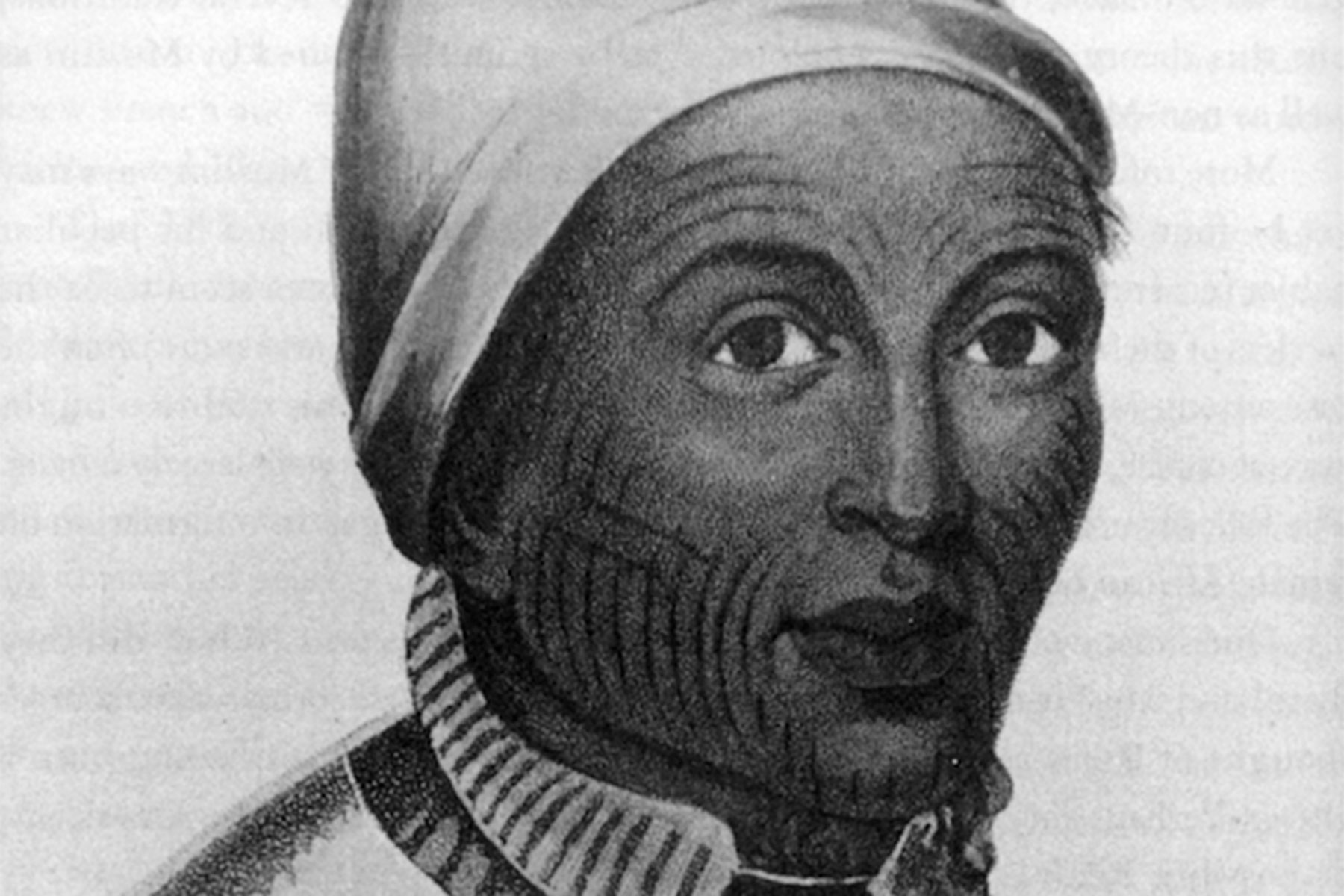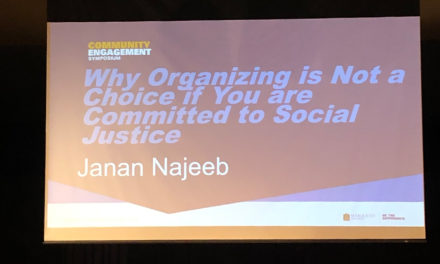
Black History Month is an annual observance in February that started as a way of remembering important people and events in the history of the African diaspora. This biography is part of a series that features well known enslaved African Muslims.
Born in the Kingdom of Massina in the 1770s, Salih Bilali was an African Muslim who lived most of his life in the United States. Salih was 12 years old when he was returning from Jenne to Kianah on a horse when he was captured and sold as a slave. He was taken to Segu where he was transferred from owner to owner. He then became a slave to an owner residing in the Bahamas. From the Bahamas, he was sold to the Couper family living in Georgia.
Being a Muslim, he gained his education from a small village masjid. In Georgia, he eventually became an important member of the plantation. Salih was remembered as a faithful and dedicated Muslim, and he was spoken highly of by the Couper family. Although he didn’t write an autobiography, much about his life was written by his owner. As a slave, his intelligence led him to become the head driver for the Coupers in 1816. Bilali often took care of the plantation on his own in the absence of his owners. As a young man, he learned to read Arabic in Massina.
Continuing to learn in Georgia, Bilali was adhering to his faith. Unlike other slaves, he was fortunate to be able to practice his faith without being forced to convert to another religion by his slave owner. The son of his last owner claimed Salih to be a religious man whos last words were, “There is no God but Allah, and Muhammad (S) is the Prophet of Allah.”
Since the first colonists arrived to settle in North America, Islam was part of the continent’s religious fabric. The Islamic teachings brought by enslaved Africans did not survive long within plantation communities, but there remains evidence in documents and traditions of its existence. It has been estimated that 30% of African slaves brought to the New World were Muslim, but the exact number transported is unknown.
Muslims first came to North America in the 1500s with colonial expeditions. They were an integral part of mapping the country. African Muslims later fought alongside colonists during the Revolutionary War against British rule, when America struggled to become an independent nation. The founding fathers were aware of Islam and the existence of Muslims in America. Thomas Jefferson, who owned a copy of the Qur’an, included Islam in many of his early writings and political treatises.












